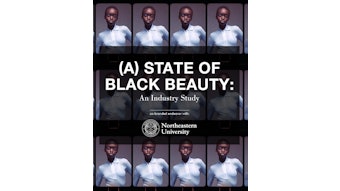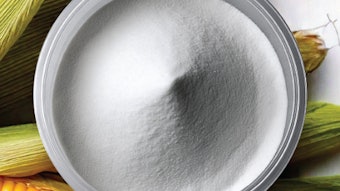“Private label in America has reached new levels of quality and consumer acceptance. Future growth will depend on keeping up the flow of the best ingredients, flavors and fragrances, so that retailers can offer consumers the most innovative and creative products possible,” said Brian Sharoff, president, PLMA.
According to the association, ingredients have taken on additional importance recently as products featuring organics, high fiber, low salt, omega-3, zero trans fat and gluten-free, among other new and innovative qualities, have appealed to growing consumer interest in health and wellness, nutrition, and ecology. Retailers such as Wal-Mart, Kroger and Safeway have been quick to respond with new store brand offerings.
Market share for store brands has surpassed 21% of unit sales at supermarkets, and their popularity with consumers has grown with the success of specialty retailers like Trader Joe’s and Whole Foods and wholesale clubs such as Costco. At the same time, traditional supermarket giants—such as Kroger and Safeway—and regional supermarkets—H-E-B and Wegman’s, for example—have used their own brands to build image and profits. Wal-Mart and Target have successfully created national brands out of their own labels, while on the drug chain side, retailers like CVS, Rite-Aid and Walgreen’s have expanded their store brands to bring market share in dollars above 14%.
“The lesson all of these retailers have learned is the same: Consumers want high quality and those who provide that level of quality are rewarded with customer loyalty and sales,” said Sharoff.










